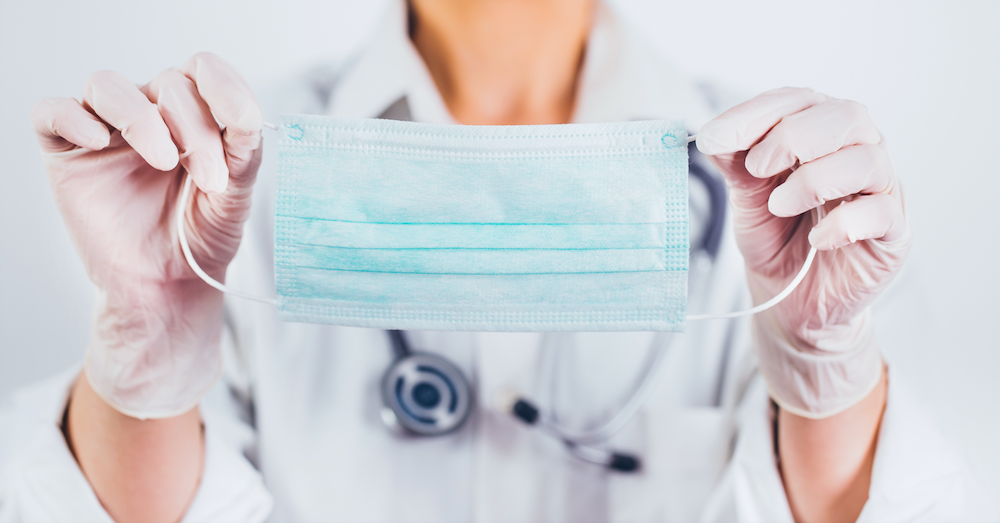
2024-07-12T16:54:51
Sunscreen Travel Tips
- Dermatology
March 19, 2020 | COVID-19

If you are sick with COVID-19 or think you might have it, follow the steps below to help protect other people in your home and community.
Patients with confirmed COVID-19 should remain under home isolation precautions until the risk of secondary transmission to others is thought to be low. The decision to discontinue home isolation precautions should be made on a case-by-case basis, in consultation with healthcare providers and state and local health departments.
For more information and resources, including what to expect when interacting with Revere Health and steps you should take if you think you might have coronavirus” button_url=”http://revere-health.hqdemo.app/covid-19/”
WRITTEN BY:
The Live Better Team


2024-07-12T16:54:51

2024-07-02T11:42:04

2024-07-01T13:49:28

2024-06-21T14:29:51
This information is not intended to replace the advice of a medical professional. You should always consult your doctor before making decisions about your health.